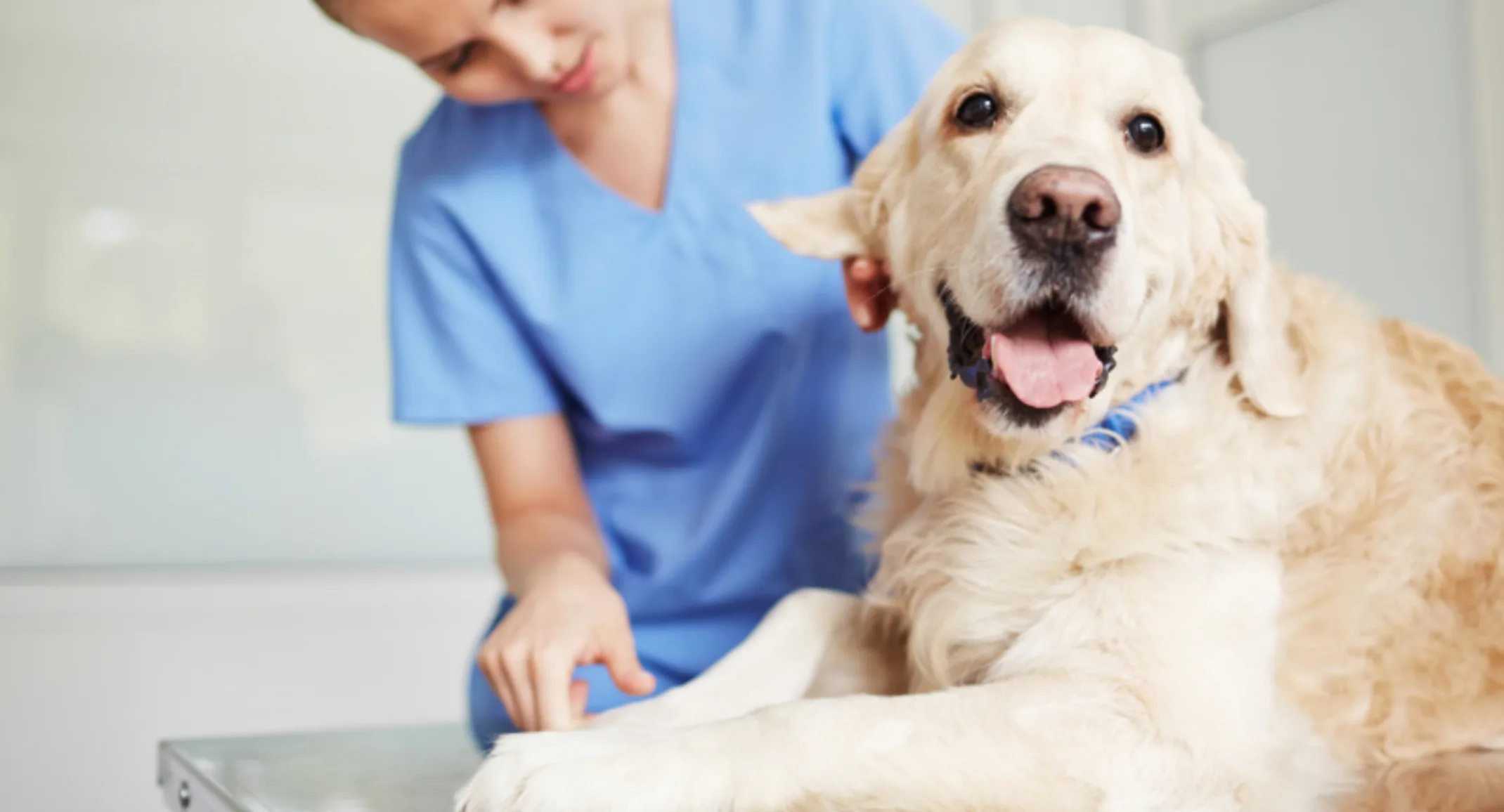What Is a Veterinary Internal Medicine Specialist — and When Does Your Pet Need One?
November 10, 2025 · Veterinary Services

If your pet has a complicated or long-term health issue that is beyond routine care, your veterinarian may recommend seeing a veterinary internal medicine specialist. But what exactly does that mean? And what makes these specialists different from your regular veterinarian?
🩺 What Is an Internal Medicine Specialist?
A veterinary internal medicine specialist (also called an “internist”) is a veterinarian who has completed advanced training in diagnosing and treating complex medical conditions in dogs and cats.
After veterinary school, these doctors complete a three-year residency focused specifically on internal medicine and then pass a rigorous board exam to earn the title Diplomate of the American College of Veterinary Internal Medicine (DACVIM).
⚕️ What Kinds of Problems Do They Treat?
Internal medicine specialists focus on diseases involving your pet’s internal organs and body systems, including:
Kidneys and urinary tract – chronic kidney disease, urinary tract infections, bladder stones
Liver and pancreas – hepatitis, pancreatitis, or liver shunts
Gastrointestinal system – chronic vomiting, chronic diarrhea, IBD
Endocrine system – diabetes, Cushing’s disease, Addison’s disease, thyroid disorders
Respiratory system – chronic coughing, pneumonia, or asthma
Blood and immune system – anemia, clotting disorders, or autoimmune diseases
Infectious diseases – tick-borne illnesses, fungal infections, or other systemic infections
Many of the conditions they manage are chronic, recurring, or difficult to diagnose, requiring specialized testing and long-term management.
🔬 What Makes Them Different?
While your family veterinarian handles a wide range of everyday concerns — from vaccines to surgery — internal medicine specialists work on the tougher medical puzzles.
They often use advanced diagnostic tools such as:
Ultrasound and endoscopy (for looking inside organs)
CT scans and fluoroscopy
Specialized blood and urine testing
Tissue biopsies and cytology
Bronchoscopy or rhinoscopy (looking inside airways)
With these tools and their in-depth training, internists can uncover hidden problems and develop a customized treatment plan for your pet.
🤝 How Specialists Work with Your Regular Veterinarian
Your family vet and the internal medicine specialist work together as a team. Typically, your veterinarian refers you when:
Your pet’s symptoms aren’t improving as expected
Test results are confusing or inconclusive
A chronic condition needs advanced management
Specialized diagnostics or treatments are needed
❤️ What to Expect at a Consultation
When you visit an internal medicine specialist, you can expect:
A detailed review of your pet’s medical history
A full physical examination
Discussion of possible next steps, which may include imaging, lab work, or procedures
A treatment plan, which may involve medications, diet changes, or monitoring
They’ll also help you understand your pet’s prognosis and what home care will look like moving forward.
🐾 In Summary
A veterinary internal medicine specialist is your partner in solving tough medical mysteries. They bring expertise, advanced diagnostics, and a deep understanding of complex diseases — helping pets live longer, healthier lives even with serious conditions.
If your veterinarian recommends a referral, you’re not starting over — you’re expanding your pet’s care team to get the best possible outcome.
Who are the internists at CTVRC?
Here at CTVRC we have 2 internal medicine specialists – Dr Michael Goldstein and Dr Kim Ho.
Dr Goldstein completed his IM residency at the Ontario Veterinary College, and he opened the Central Toronto Veterinary Referral Clinic in 2012. His special area of interest is in endocrine cases.
Dr Ho joined CTVRC after completing her residency at Ontario Veterinary College. Her special area of interest is in urinary cases.
